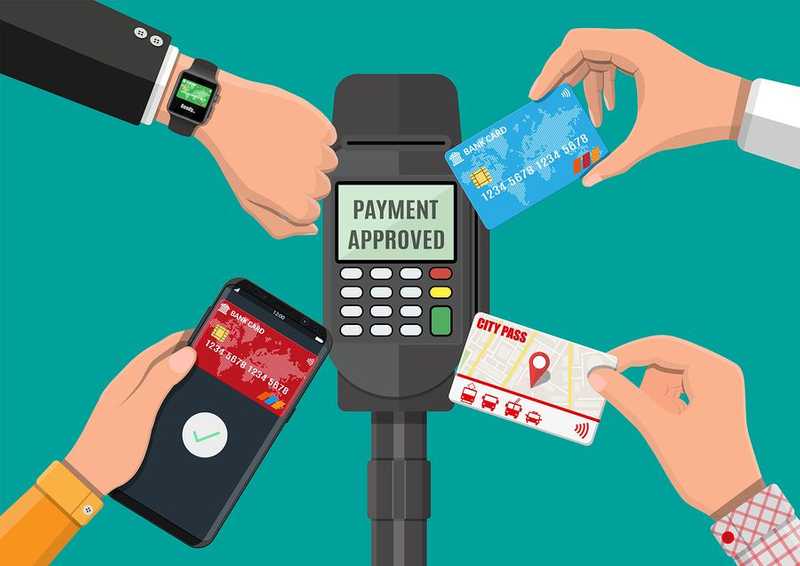As Robert Reich once said, “There will be a time – I don’t know when I can’t give you a date – when physical money is just going to cease to exist.” …and he was right. He was, in fact, talking about The Cashless Society.
What is Cashless Society?
A cashless society describes an economic state whereby financial transactions are not conducted with money in the form of physical banknotes or coins, but rather through the transfer of digital information (usually an electronic representation of money) between the transacting parties.
Fractions of people in Indonesia are familiar with cashless transactions. As a matter of fact, most of them are dependent on it. They pay tolls with e-toll, pay for public transportation with e-money, pay parking tickets with e-wallet, shop with debit or credit cards, shop online with cashless payment methods, etc.
Furthermore, are the pros and cons of the Cashless Society.
The Pros
Practical and Efficient
The cashless life is practical and efficient. Our wallet feels like it is folded and inserted into our smartphone. From these devices, we can do many things. Moreover, now there is a QR Code technology that allows us to carry out various transactions just by scanning a smartphone. No need to bother pulling out our wallets, swiping cards, entering PIN numbers, and so on.
Countless Amount of Promotions and Discounts
Promotions and discounts are common marketing strategies. They attract consumers pretty fast. For example, OVO. OVO is a payment application. OVO currently offers a variety of promotions and discounts. Starting from discounts on Grab, to cash backs at merchants who work with OVO.
Simplify in Reviewing Transactions
At some point in our life, we certainly have ever forgotten where our expenses flow, and what it is used for. By making cashless transactions, our transactions will have traces or paper trails that can be easily traced. The trail consists of information such as the number of transactions, place, and time, which can be obtained easily. Tracking transactions are medium for us to be able to control transactions carried out so that there is no misuse and start cutting expenses when it is excessive.
The Cons
The Need for Technology Comprehension and Education
Since cashless methods are based on electronic systems, we need to have sufficient understanding and be educated with the technology used for digital transactions. The cashless system requires users to be able to use electronic devices such as ATM machines, EDC machines, or smartphones. This can be a challenge for most people who are not familiar with the technology.
Tends To Be More Wasteful
By using the cashless methods, we do not use money in physical form. This can change our shopping habits in the long term. When paying with cash, we are aware that we’re spending money because it’s physically there. But when we use cashless methods, even though we know that we have spent money, the transaction does not occur physically. This decreases our awareness and leads us to overspend.
Hesitant for Our Privacy and The Safety of Our Money
Electronic payments mean less privacy. We might trust the organizations that handle our data, and we might have nothing to hide, but our payment information could turn up in ways that are impossible to predict. Also, in a cashless society, the chance of someone draining our account is higher. We have to be smart and careful.
Follow the exciting journey of every COMPFEST events through our social media on Instagram @COMPFEST, Twitter @COMPFEST, and our main site http://www.compfest.id (Editorial Marketing /Diva)
Source:
- https://www.thebalance.com/pros-and-cons-of-moving-to-a-cashless-society-4160702
- https://www.amalan.com/id/blog/sistem-cashless-di-indonesia.-apa-kelebihan-dan-kekurangannya
- https://marketing.co.id/jangan-antipati-ketahui-pentingnya-pembayaran-cashless-di-era-digital/
- https://biz.kompas.com/read/2019/01/30/185323928/menyambut-era-cashless-apa-saja-keuntungannya
- https://www.alchemetrics-uk.com/wp-content/uploads/2018/07/cashless-society.jpg
